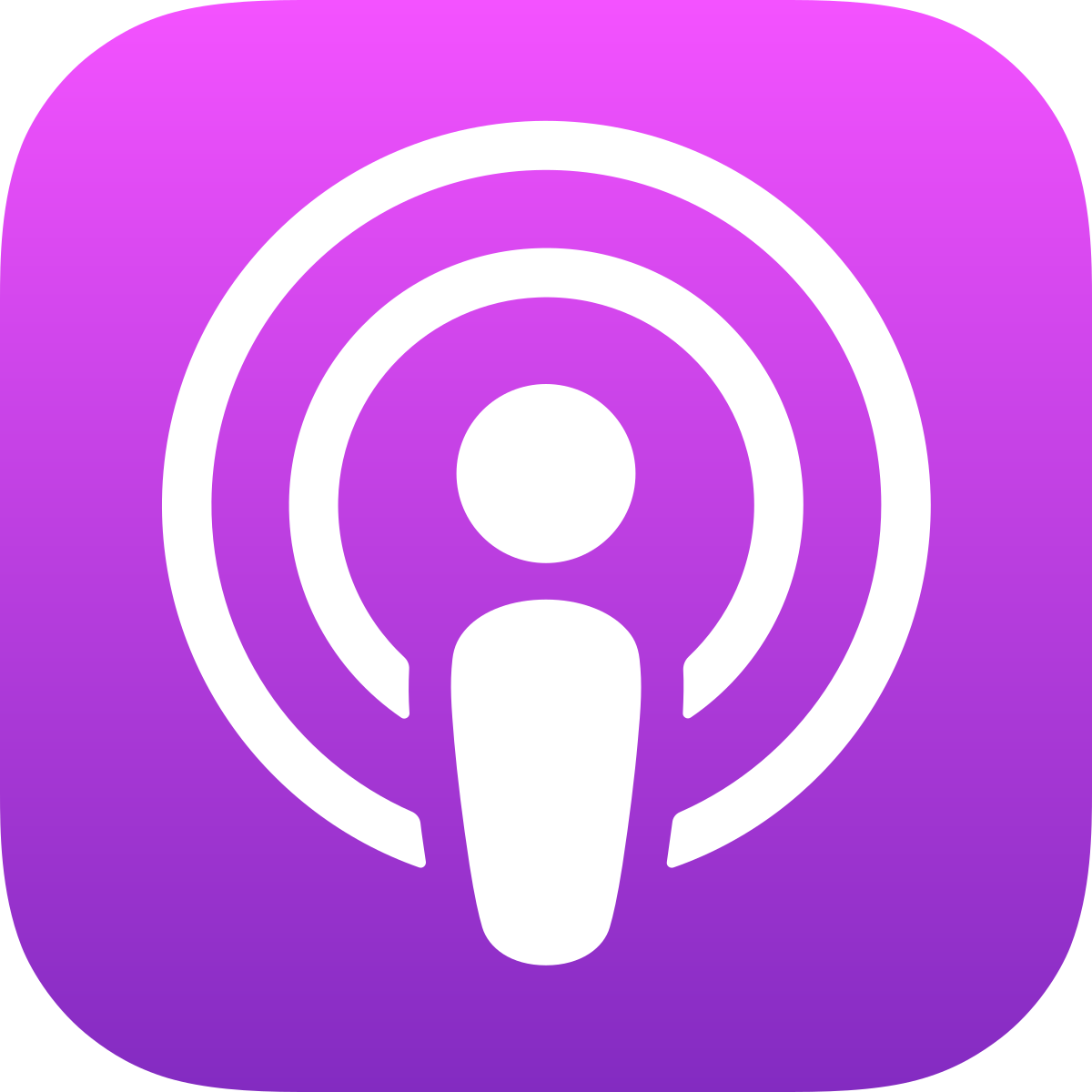1. People, Things and Information
Do you find it easier to deal with people, things or information? Most jobs require us to dabble in all three, but one area usually stands out. For example, mechanics work primarily with things, nurses tend to people and journalists focus on information. Identifying the area in which you excel will point you in the right direction.
2. Strengths and Weaknesses
What are you good (and not good) at? We start identifying our strengths and weaknesses at school, when we notice that we’re better at geometry than history. Once you assess your strengths, you can narrow down your choices to careers that require these skills.
3. Interests and Passions
It is said that if you do what you love, you’ll never work a day in your life. What activities do you enjoy doing? What motivates you? What do you feel passionate about? Answering these questions will get you closer to a career you’re likely to enjoy.
4. Personality
Another factor to consider is your personality. Are you an introvert or an extrovert? Do you enjoy working independently or as part of a team? Do you thrive on adrenaline or crash and burn? These questions will help you determine what kind of job is suitable for you.
5. Lifestyle
What type of work environment do you prefer? How much time and energy do you want to devote to your career? Make sure to choose a career that fits your lifestyle and vision for your future.
6. Research It
Once you’ve completed your self-assessment, start researching different careers by talking to people in those fields, reading books and online articles, and attending career fairs.
7. Try It Out
Consider doing an internship, volunteering or shadowing someone in the field you’re interested in. This will give you a taste of what it’s like to work in that industry and help you decide if it’s something you want to pursue.
Remember, no career is perfect. Your career is a journey, not a destination. So be open to new opportunities and never stop learning and growing.



